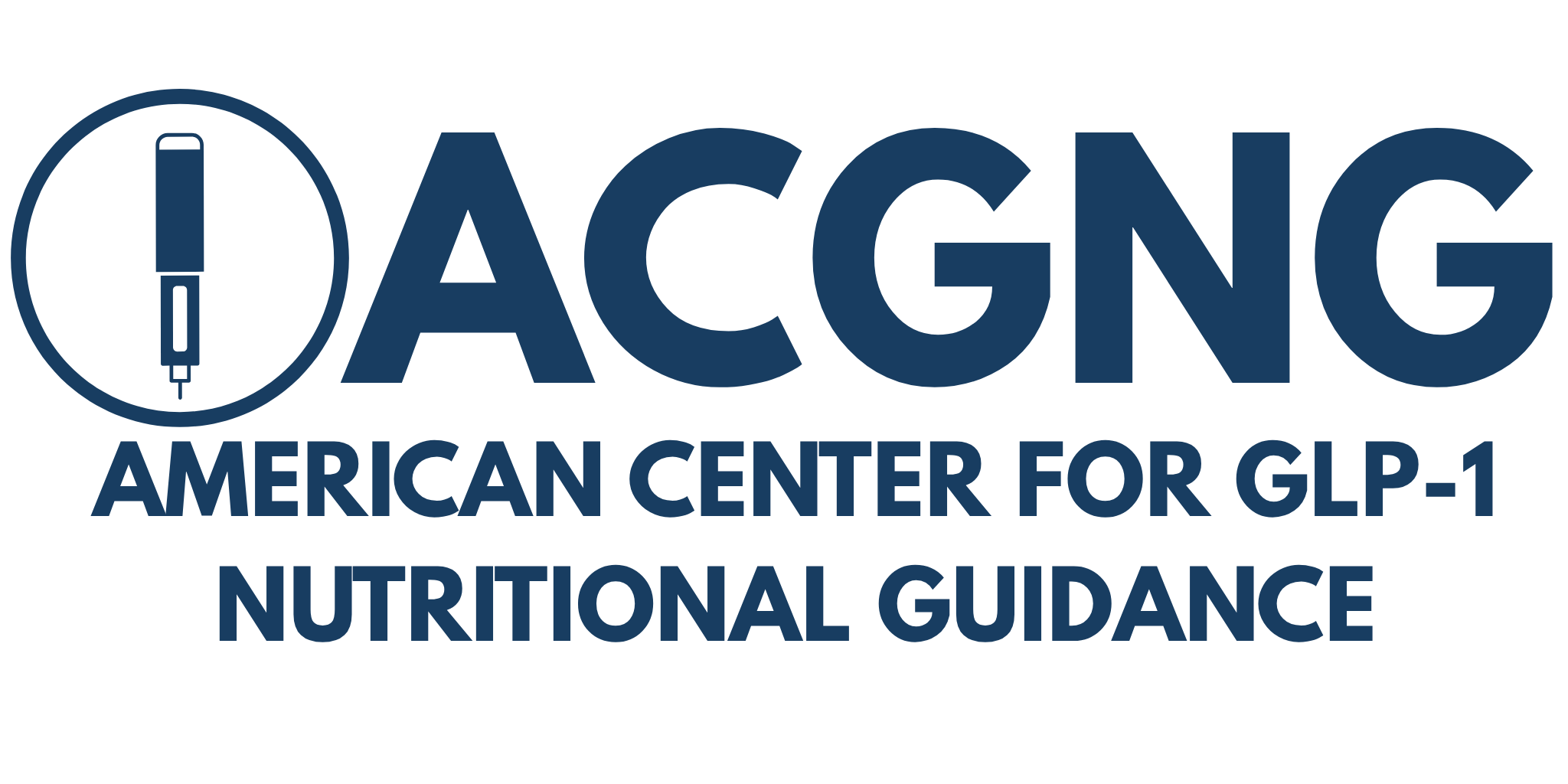Resources for Healthcare Professionals
The American Center for GLP-1 Nutritional Guidance (ACGNG) is committed to supporting healthcare providers in delivering evidence-based, patient-centered care. This section is designed for physicians, nurse practitioners, physician assistants, pharmacists, dietitians, and allied health professionals involved in the management of obesity, type 2 diabetes, and metabolic conditions.
What You’ll Find in This Section
- Clinical Guidelines & Best Practices: Review current clinical consensus statements, prescribing standards, and patient care algorithms.
- Dosage & Administration: Detailed dosing protocols, titration schedules, and injectable guidance for GLP-1 medications.
- Patient Selection & Monitoring: Tools to evaluate eligibility, contraindications, and treatment success criteria.
- Side Effect Management: Strategies for minimizing GI side effects, enhancing adherence, and counseling patients.
- Access & Insurance Resources: Guidance on prior authorizations, formulary access, and patient assistance programs.
- Professional Development: Webinars, CME/CE courses, and upcoming conference listings.
How These Resources Can Help
GLP-1 therapies are rapidly evolving. ACGNG provides up-to-date, actionable knowledge to support:
- Safe and effective medication use
- Nutrition counseling integration
- Long-term behavior and weight maintenance support
- Multidisciplinary collaboration across specialties
Practice Areas Served
- Endocrinology & Diabetology
- Primary Care & Family Medicine
- Bariatric Medicine & Surgery
- Pediatrics & Adolescent Medicine
- Clinical Nutrition & Dietetics
- Pharmacy
Visit the subsections below to access professional-grade tools, patient education handouts, and science-backed implementation guidance.
View Clinical Guidelines | Dosage Protocols | Patient Selection Tools | Educational Events
Disclaimer
All resources in this section are intended for licensed healthcare professionals. They do not constitute individual medical advice and should be used in conjunction with clinical judgment and institutional protocols.

